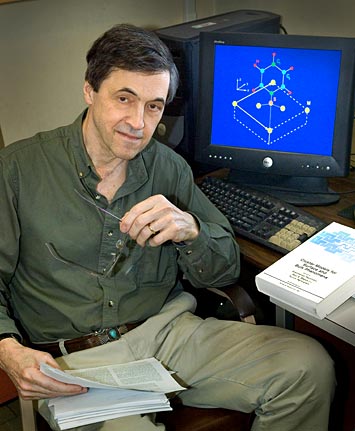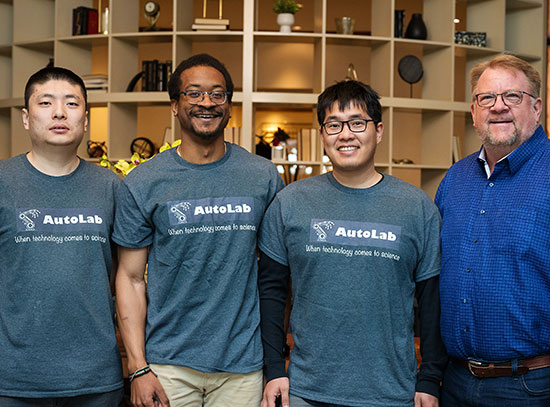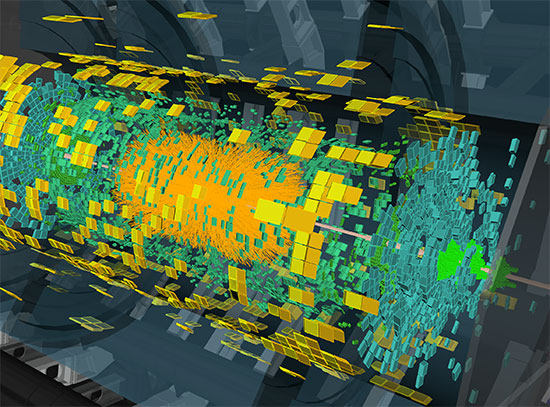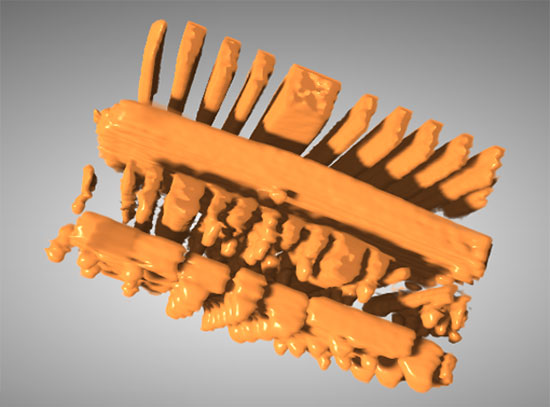BNL Grants Emeritus Status to Retiree Marshall Newton
The Emeritus position at BNL was established to recognize retired scientists who have made particularly noteworthy contributions to the Laboratory's reputation as a world-class scientific institution
January 16, 2013

Marshall Newton
Marshall Newton, who joined BNL's Chemistry Department on December 15, 1969, with a 1966 Ph.D. from Harvard University, was named a Senior Scientist Emeritus on October 1, 2012. Newton retired from the Laboratory on December 31, 2008, and has remained active in Department research.
In a letter of congratulations, then-Laboratory Director Sam Aronson cited Newton's contributions as follows:
"As part of DOE's Solar Photochemistry program at the Laboratory, you advanced theoretical methods for chemical dynamics and applied them in ways that have proven invaluable to experimental chemists, especially those investigating electron-transfer reaction mechanisms. Your contributions combining the formal elements of energetics, dynamics, and kinetics, together with detailed electronic structure techniques for evaluation of key quantities have advanced understanding of thermally and optically excited electron transfer processes, and the quantitative evaluation of the role of solvent and environment in determining electron transfer reaction kinetics. You have had a strong and deep impact on your field both through creative theoretical advances and through wide-ranging collaboration to apply the advances in experimental research.
"You were a valuable member of the Chemistry Department from 1969 until your retirement in 2008, and your have continued to be active in Department research since your retirement. You have also continued to be active in the DOE solar photochemistry scientific community, including in valuable roles as an advisor and reviewer of Energy Frontier Research Centers and Research Hubs in Solar Fuels.
"Your continued engagement and reputation as a creative research scientist and work in theoretical chemistry are extremely valuable to the Laboratory."
Said Newton, "From my personal — and undoubtedly selfish — perspective, the last 40 or so years have provided a nearly magical opportunity for me to do and continue to do creative basic research, supported and inspired in so many ways by the BNL community, while at the same time managing to stay well within the broad mandates of the DOE and its predecessors. I hope the currently enigmatic and conflicted US society will figure out — for its own benefit — how to keep this tradition of enlightened science alive and vibrant."
2013-3575 | INT/EXT | Newsroom









